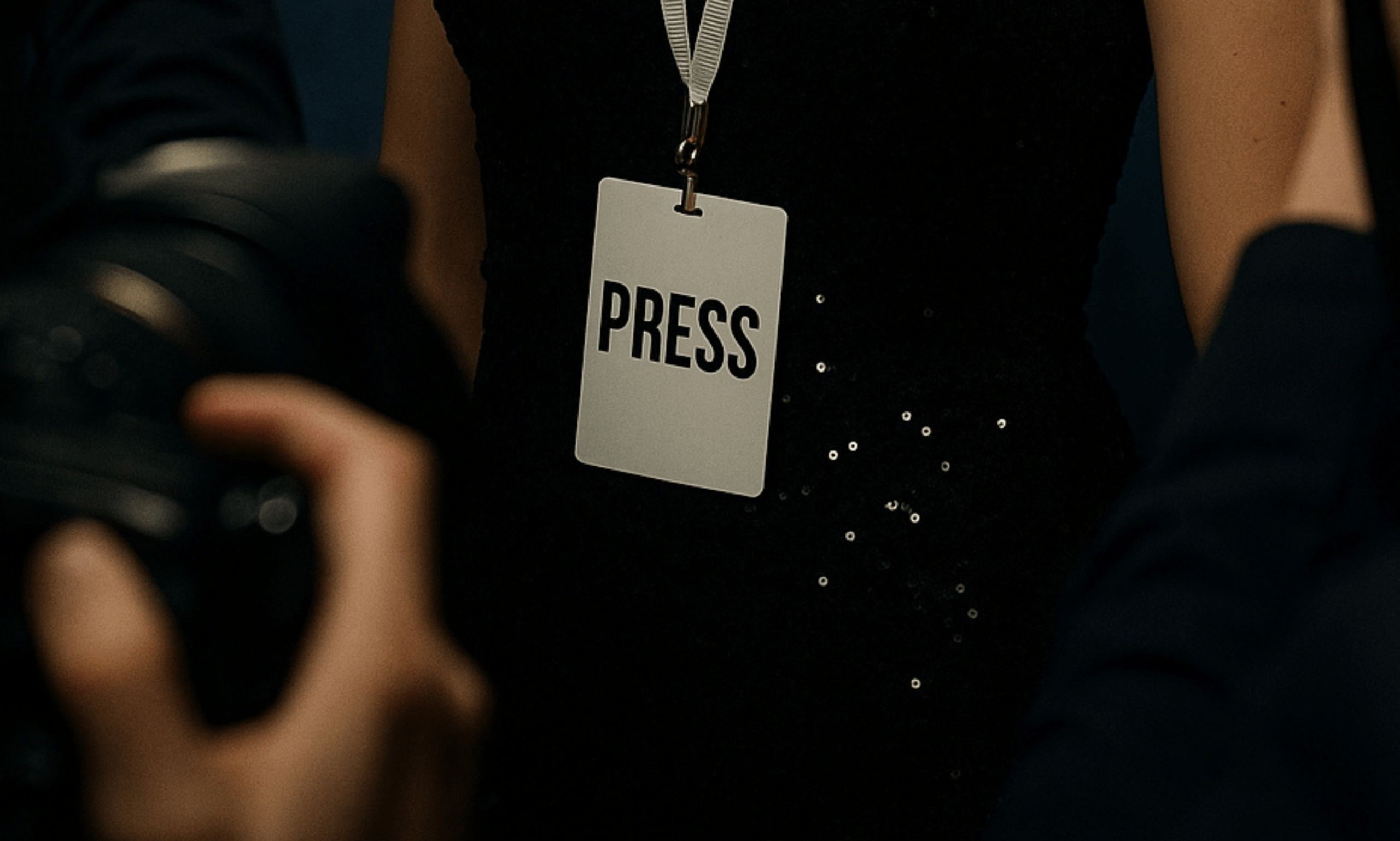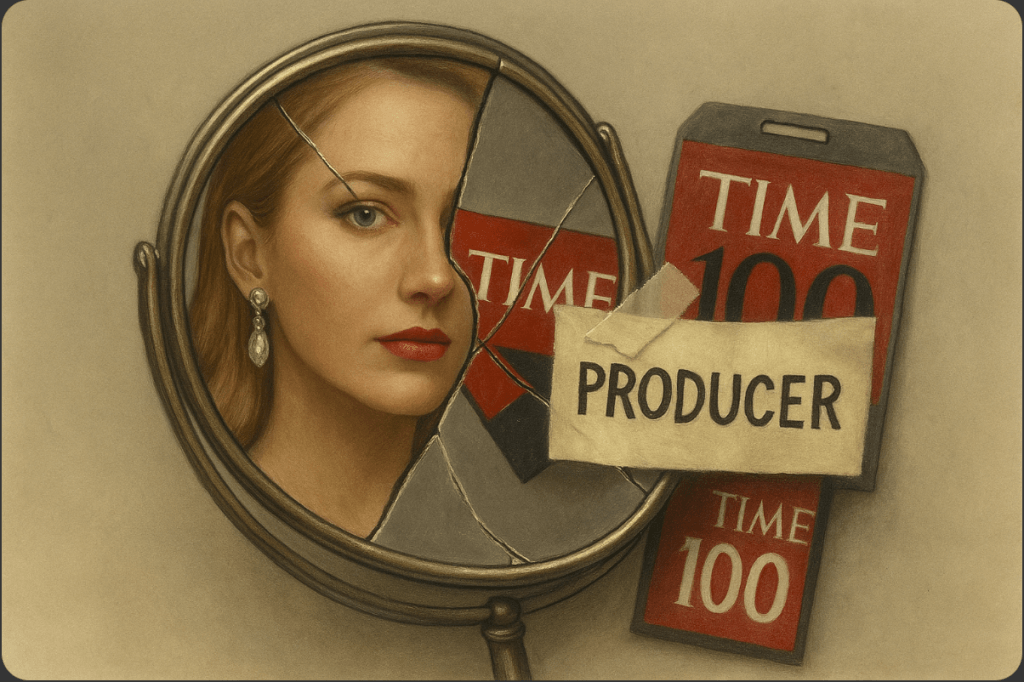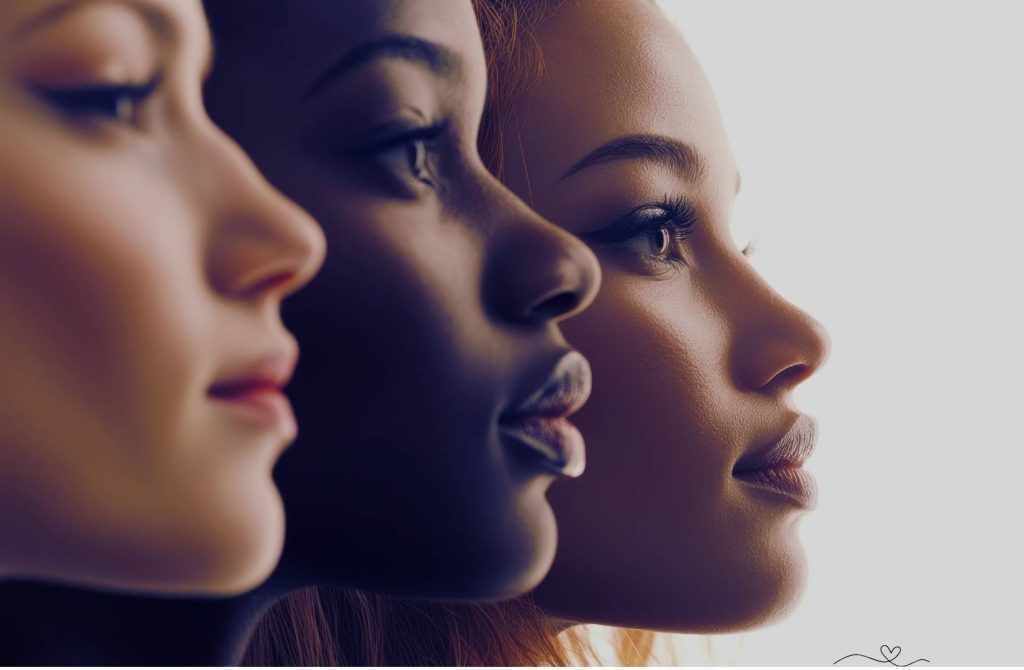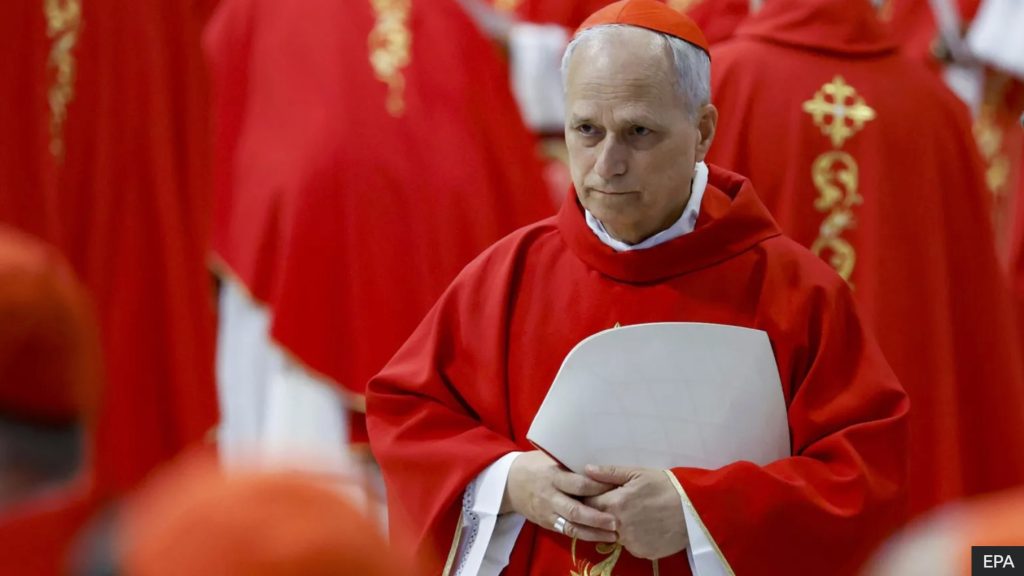Celebrity influence. We’ve already unpacked the rise of aesthetic activism—where publicists work harder than the people they represent. So no, it’s not surprising that Blake Lively just landed on TIME’s 2025 list of the 100 Most Influential People.
But it does confirm something, celebrity influence is no longer about substance. It’s about symmetry, storytelling, and well-timed headlines.
When Image Becomes Impact
Let’s be honest. Blake’s production résumé is thin. Her activism exists mostly in caption form. And her TIME100 profile—written by civil rights attorney Sherrilyn Ifill—focuses less on what she’s done, and more on her “genuine desire to learn.”
Since when is wanting to understand systemic injustice enough to be canonized?
This is exactly what Pretty Lies & Polished Ghosts warned us about: feminism by branding. Impact without receipts. Visibility over actual work.
She didn’t originate It Ends With Us. She was cast—then credited. And now? Mid-lawsuit. Max exposure. Minimal output. Maximum applause.
Celebrity Influence – Optics Over Output
We’re watching a familiar pattern: one woman, highly styled, perfectly positioned, becomes a stand-in for all women everywhere. And because her story photographs well, we don’t ask for details. We just clap.
Taylor Swift is influential. She reshaped the music industry, re-recorded her masters, and turned personal autonomy into a global movement.
Beyoncé is influential. Her work archives Black excellence, challenges power structures, and expands what pop stardom can hold.
Blake? She made headlines. Then made the list.
We’ve seen it before—boundaries turned into branding, controversy applauded over kindness, and inclusion that becomes exhausting.
Celebrity influence today doesn’t require credibility. Just coverage. Not legacy, just lighting.
PR Driven Celebrity Influence – What This Moment Actually Means

Blake’s inclusion in TIME100 isn’t the problem.
The problem is how easily the title of “influential” gets handed out to whoever can hold a straight face in a press release.
Influence used to mean leadership. Risk. Action.
Now? It means you stayed on message.
This isn’t backlash. It’s burnout.
Because if we keep rewarding carefully managed narratives over messy, real effort, we’re not just being manipulated.
We’re complicit in the performance.
But if influence is just a reflection—who decides what gets mirrored back?
Because this moment isn’t just about Blake. It’s about the larger shift. One where curated image is mistaken for contribution, and carefully managed stories drown out the messy, real ones.
We’ve seen this before.
Ms. Rachel got publicly dragged for simply supporting queer youth. Her influence? Grounded in real impact—but she stepped back, not up, when things got ugly.
Rachel Zegler questioned a fairytale, and the internet responded with pitchforks. Her refusal to shrink became a PR problem, not a power move.
Meanwhile, the spotlight favors whoever can smile through scrutiny—without saying too much.
It’s not that we hate controversy. We reward it, as long as it’s polished.
This isn’t backlash. It’s selective applause.
And when visibility becomes the metric, we lose track of what’s actually valuable.
We forget that real influence often works in silence, while the spotlight is handed to those who simply survive the cycle without dropping the script.
This is the cost of PR-powered feminism. We don’t just elevate the wrong people—we overlook the right ones, just because their stories aren’t easy to caption.
So no, this isn’t about cancel culture.
It’s about how power keeps getting dressed up, sold back to us, and applauded for showing up on time.
When PR Outshines Action
But if influence is just a reflection, who’s holding the mirror?
This moment isn’t just about Blake. It’s part of a bigger pattern. Today, curated image often replaces real contribution, and tidy narratives drown out complicated truths.
The Cost of Controlled Visibility
We’ve seen this play out again and again.
Ms. Rachel got attacked online simply for supporting queer youth. Her work made an impact—but she stepped away instead of cashing in on the chaos.
Rachel Zegler challenged a fairy tale, and critics treated her like a villain. Because she refused to shrink, her confidence became a PR liability, not a sign of power.
Meanwhile, the spotlight keeps favoring those who stay polished and quiet. We don’t hate controversy. We just reward the kind that photographs well.
Why Applause Isn’t the Same as Influence
When visibility becomes the metric, we forget what actually matters.
Real power doesn’t always trend. Real influence doesn’t need perfect lighting.
Instead, the media rewards consistency, image control, and staying on message. Not effort. Not risk. Just optics.
And when PR becomes power, we stop asking hard questions, and start clapping for whoever’s still smiling.
What We Miss When We Clap Too Soon
This isn’t cancel culture. It’s convenience culture.
We ignore those who disrupt and reward those who perform. And in that process, we’re not just misled, we’re part of the misdirection.
So no, this was never just about one celebrity.
It’s about how we keep handing out power to the best press kit in the room.
If this resonates, you’ll want to read:
Why we should all be pissed about fake PR feminism—and stop clapping for curated empowerment.
What she’s actually deflecting from while riding the waves of aesthetic activism.
How Ms. Rachel and JK Rowling ended up on opposite ends of the same cultural discomfort.
Rachel Zegler didn’t break the story. She just stopped performing for it.







11 Responses
Good https://lc.cx/xjXBQT
Good https://lc.cx/xjXBQT
Awesome https://lc.cx/xjXBQT
Good https://lc.cx/xjXBQT
Awesome https://t.ly/tndaA
Awesome https://urlr.me/zH3wE5
Very good https://rb.gy/4gq2o4
Awesome https://is.gd/N1ikS2
Good https://is.gd/N1ikS2
Very good https://is.gd/N1ikS2